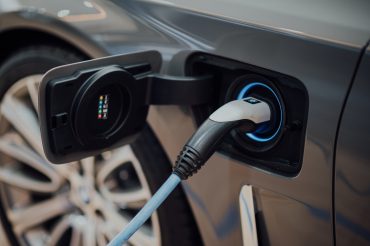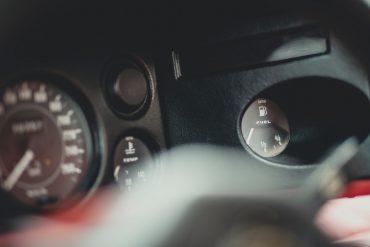Follow these 10 simple changes to the way you drive to help you reduce your fuel bill.
- Basic car maintenance
Ensure your car is well maintained, simply checking your engine oil level and pumping up your tyres keeps everything running efficiently. A poorly tuned engine could be using up to 50 per cent more fuel. Under-inflated tyres cause more rolling resistance and friction, and that means the engine has to work harder to get the same results.
- Ditch the weight
Ensure that you only carry what you need in your boot – if there’s anything in the boot you don’t need on a journey take it out; extra weight has an impact on fuel economy. If you drive about with a roof rack, cycle rack or top box beware this creates more wind drag, which means the engine has to work harder – if you don’t need it, take it off.
- Plan your journey
It’s worth viewing a map before you set out to check the best and most economical route – an estimated 350,000 tonnes of fuel is wasted every year by drivers who are lost.
- Avoid peak travel times
Travel at times when the roads are quieter sitting in queues uses up more fuel.
- Switch off the air-con
Air conditioning uses more power and therefore fuel, it’s worth switching it off if you don’t really need it.
- Look ahead
Driving smoothly with gradual and light acceleration, avoiding unnecessary braking and accelerating, will get you at more miles for your money. Hard acceleration and sudden braking could use up to 40 per cent more fuel.
- Don’t freewheel!
You may have heard of the old myth ‘coasting’ – letting your car roll in neutral – to save fuel. When freewheeling in neutral you are not in full control of the car, losing engine breaking and the ability to accelerate if needed. The engine control unit in modern cars cuts the fuel supply once you take the foot off your accelerator.
- Change up earlier
Try changing up through gears earlier. As a guide, try changing up when the engine speed reaches 2000rpm in a petrol car and 2500rpm in a diesel car.
Newer cars come with ‘Gear Shift Indicators’ – often a little green arrow on the dashboard – that will recognise the most efficient point to change gear for the car in the current conditions.
- Keep to the speed limits
The faster you go, the more fuel you consume. The majority of cars run at their most efficient at 60mph. Every 5mph above that you drive, you will lose six per cent of your fuel economy. Keeping to the speed limits will not only save you from getting points on your licence, it’ll help keep your fuel bill down.
- Car-share your journey with others
Look at the option of car-sharing on your daily commute, Liftshare can connect you with up to 1.5 million drivers across the UK.
Author Jonathan Scutt
on
You might also like…
Car share for less with Liftshare, the UK’s biggest sharing economy site!
Join now!


